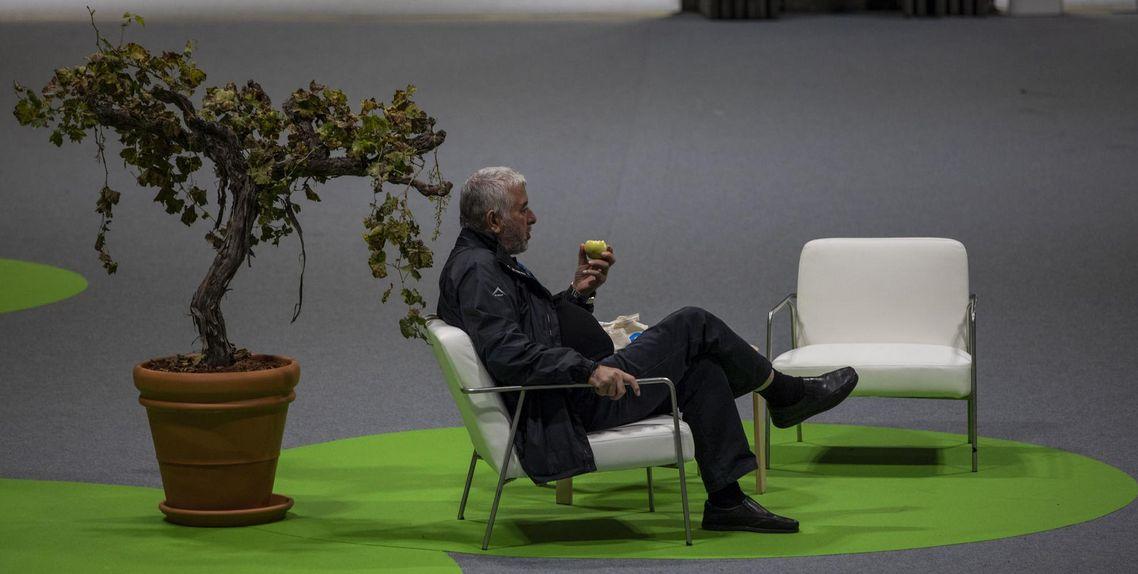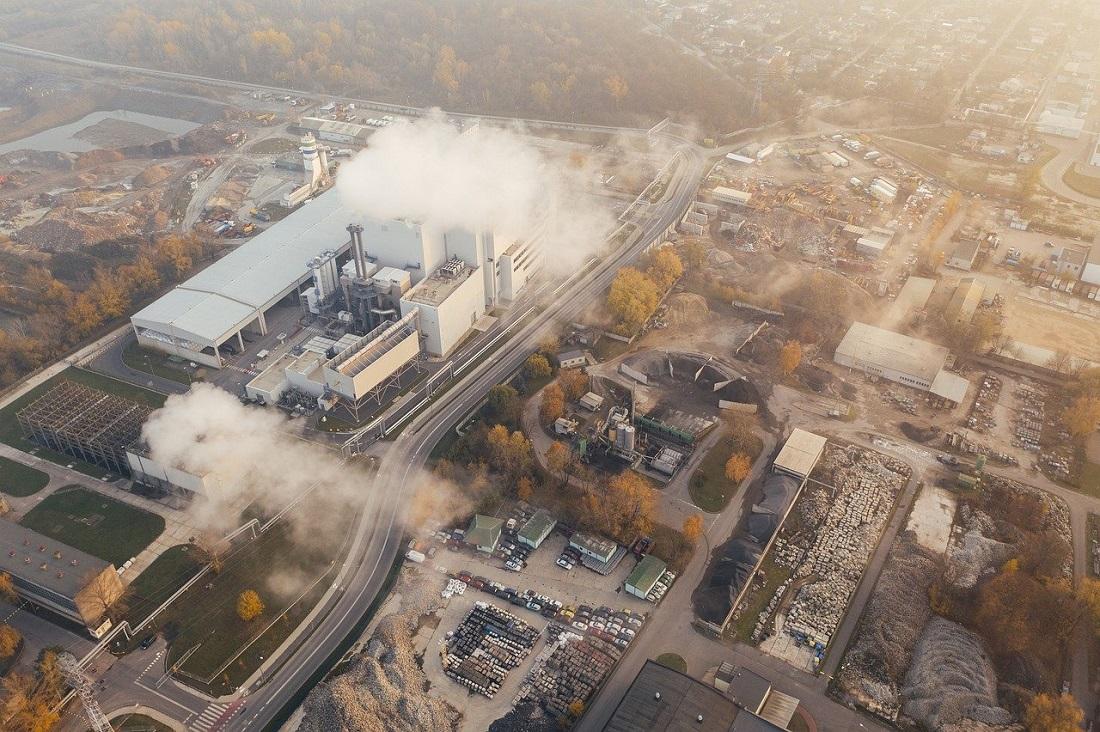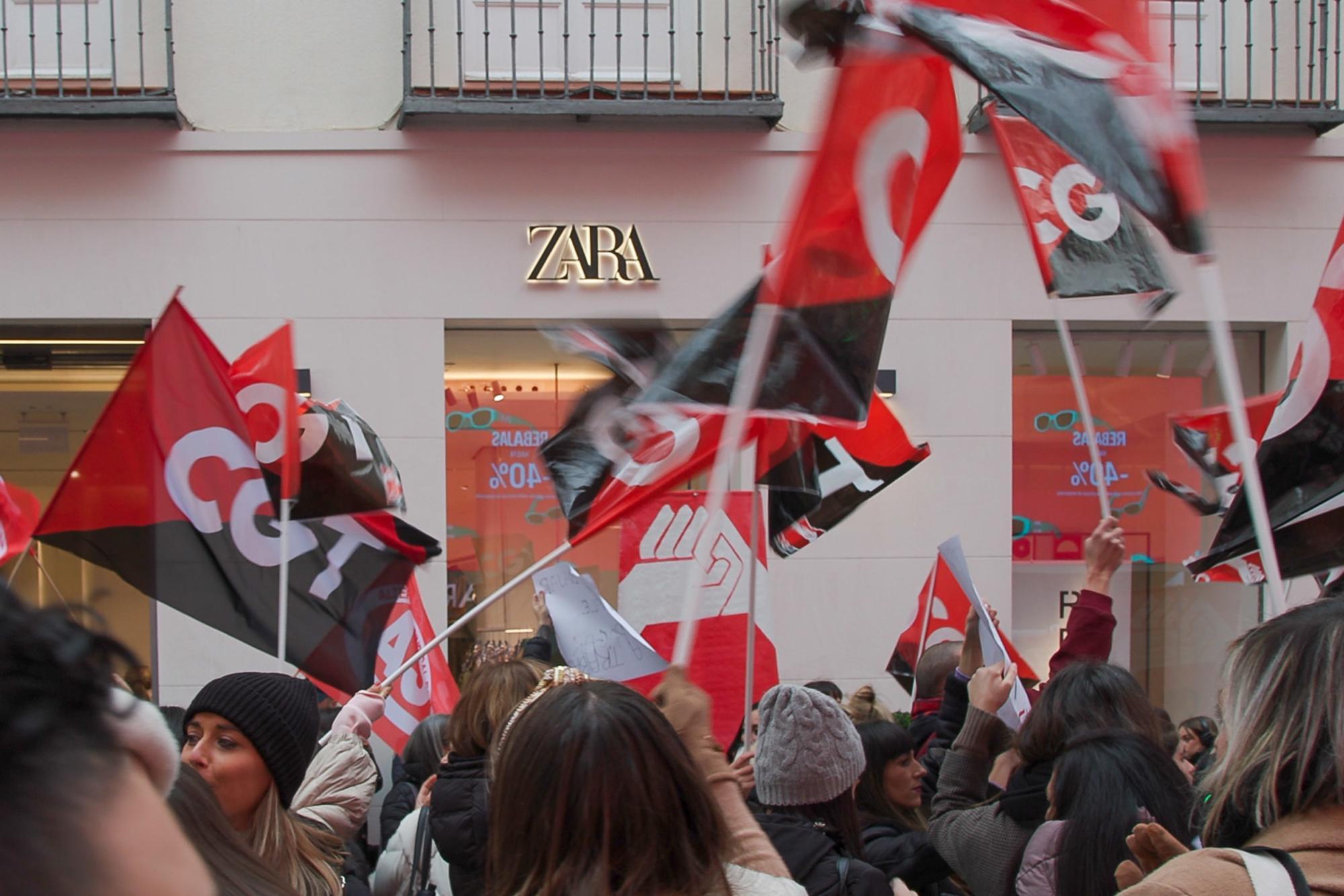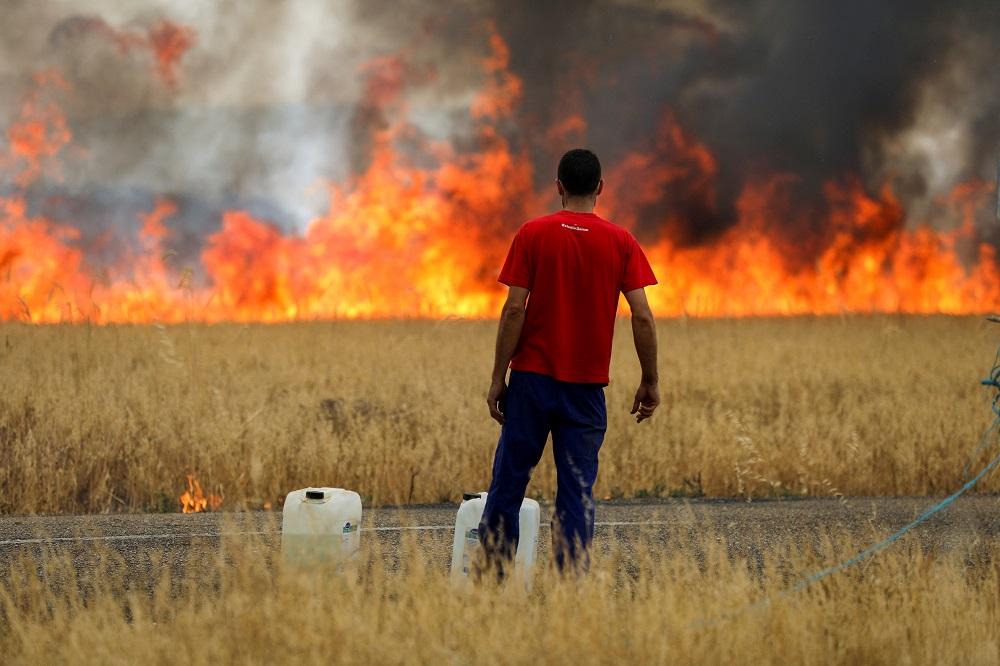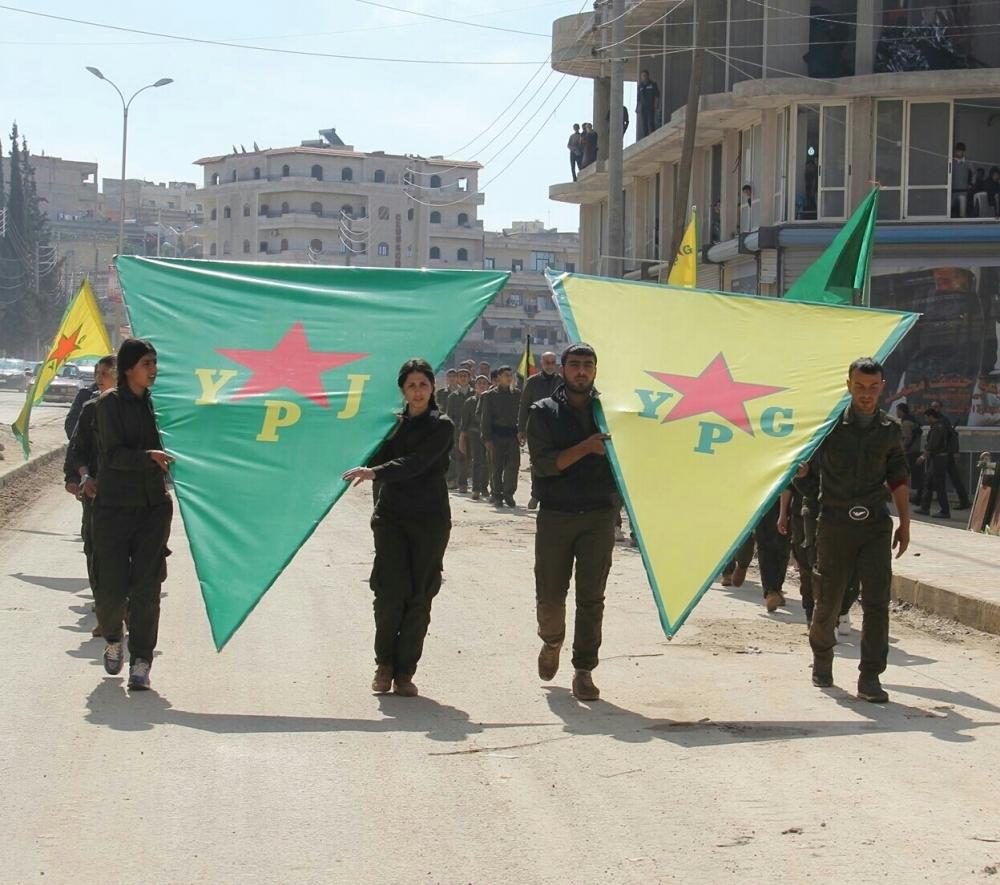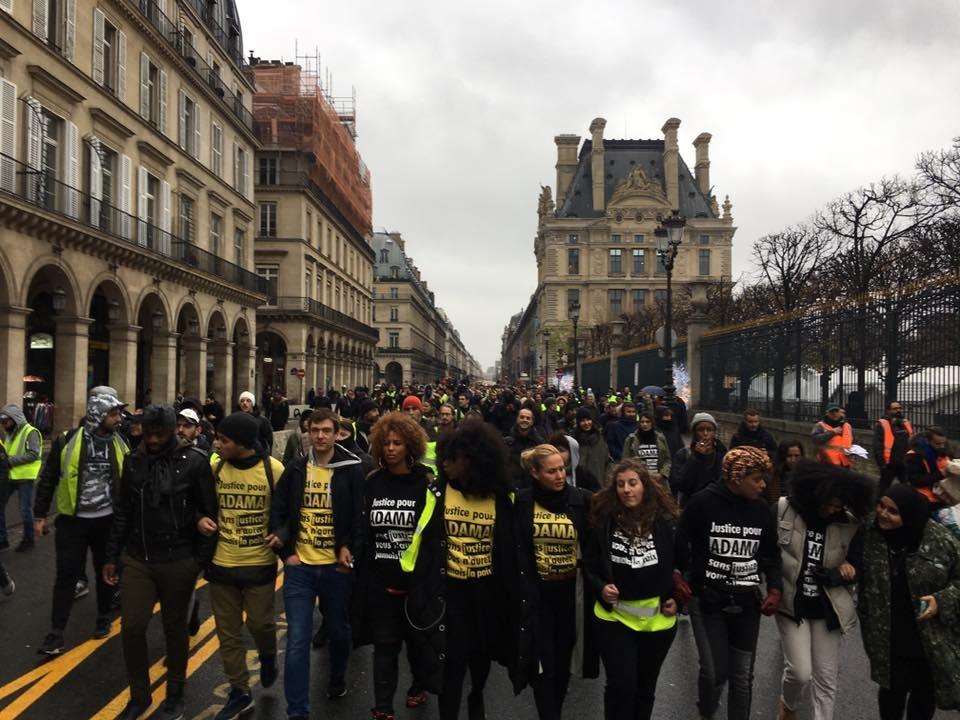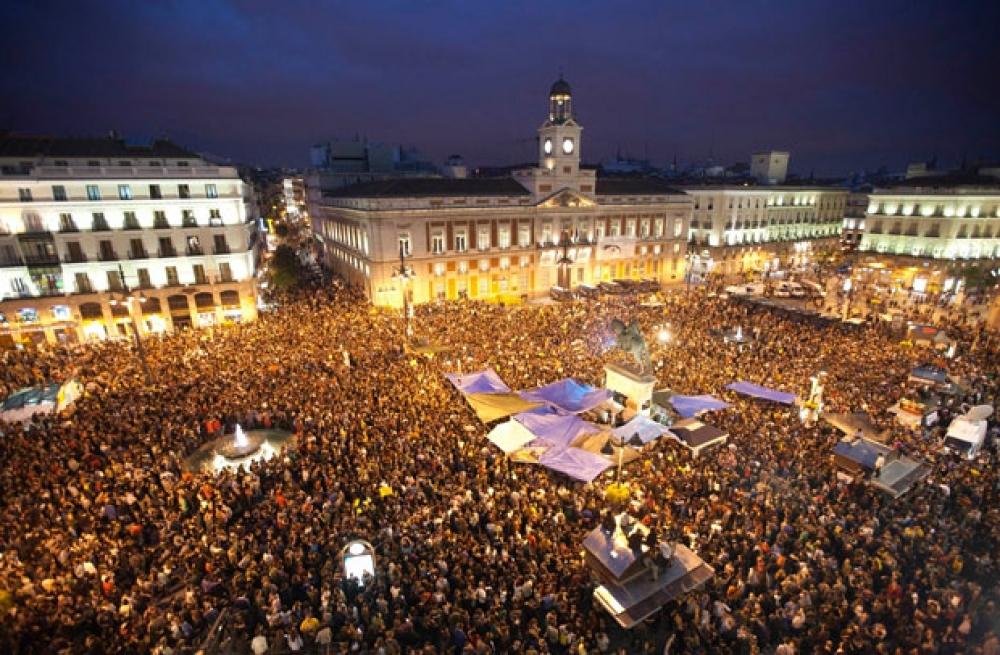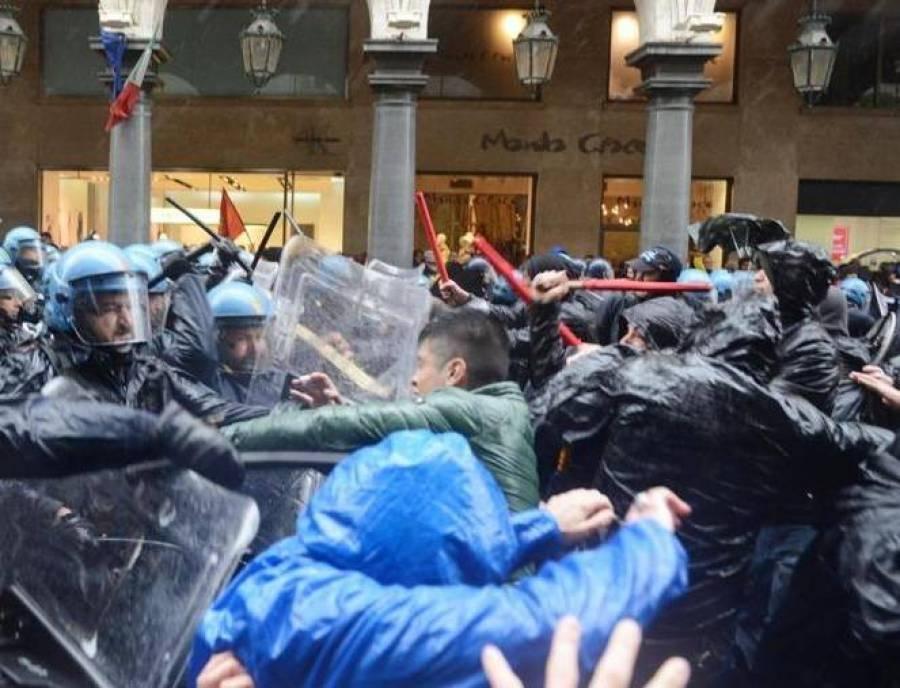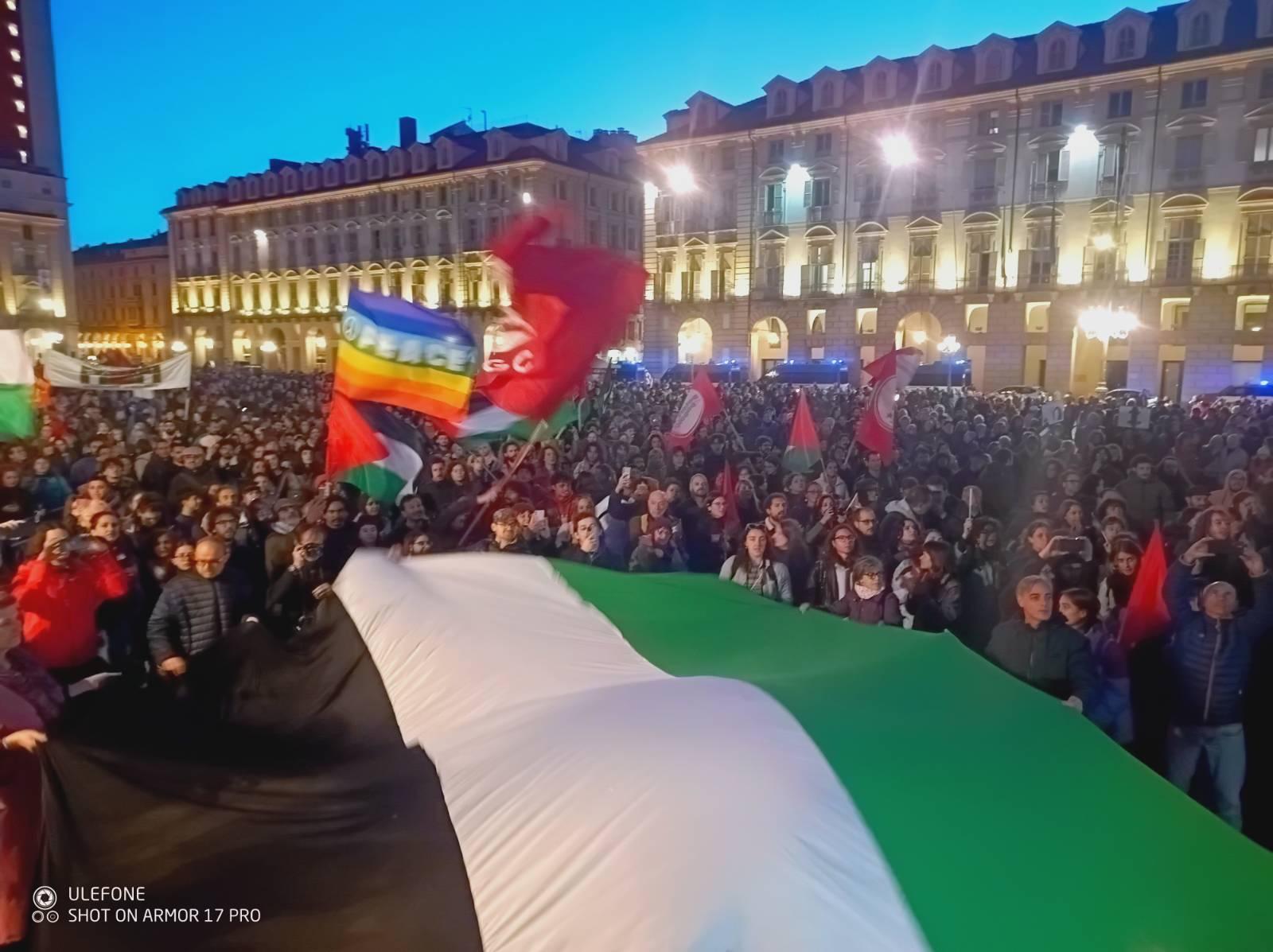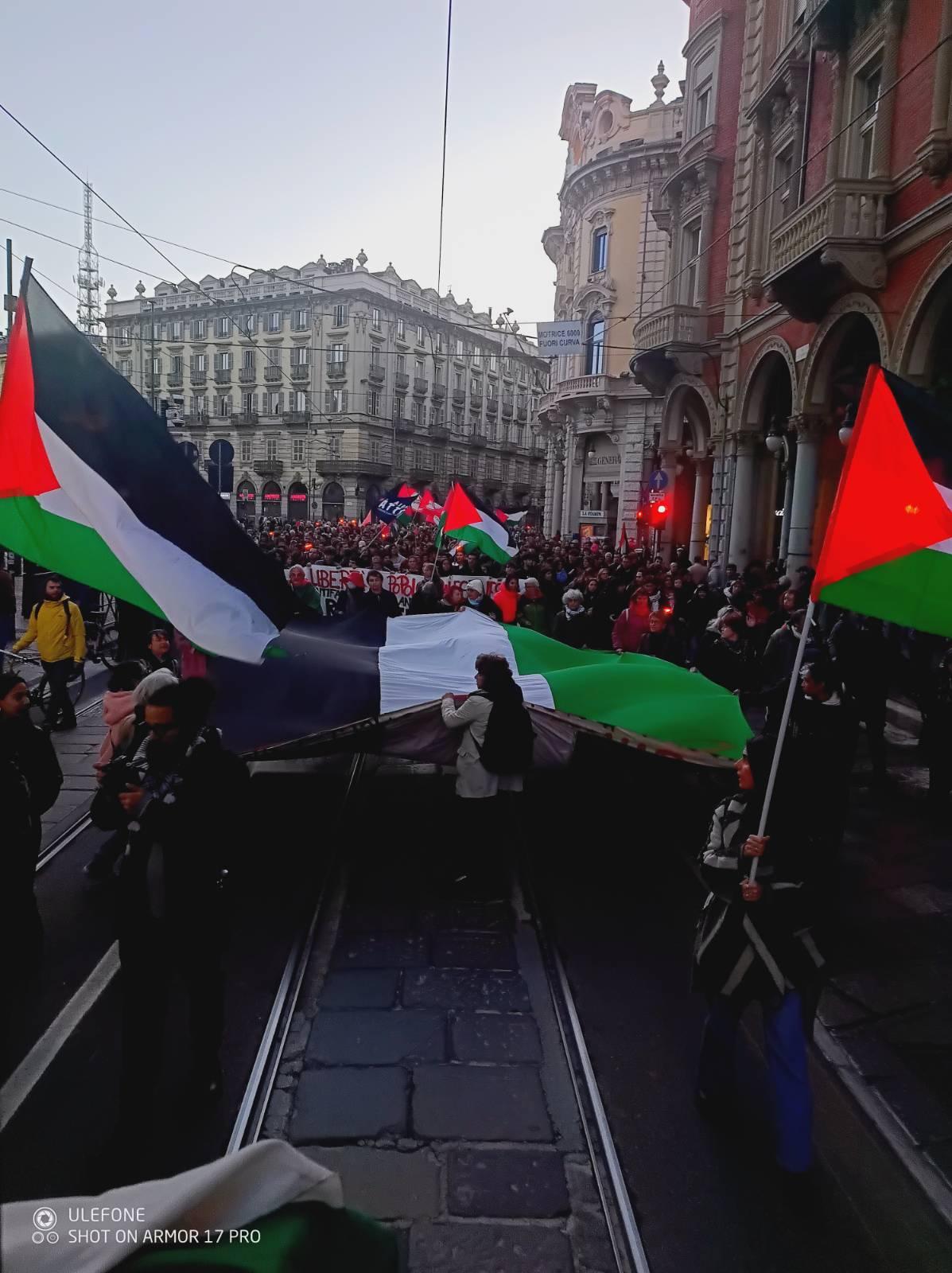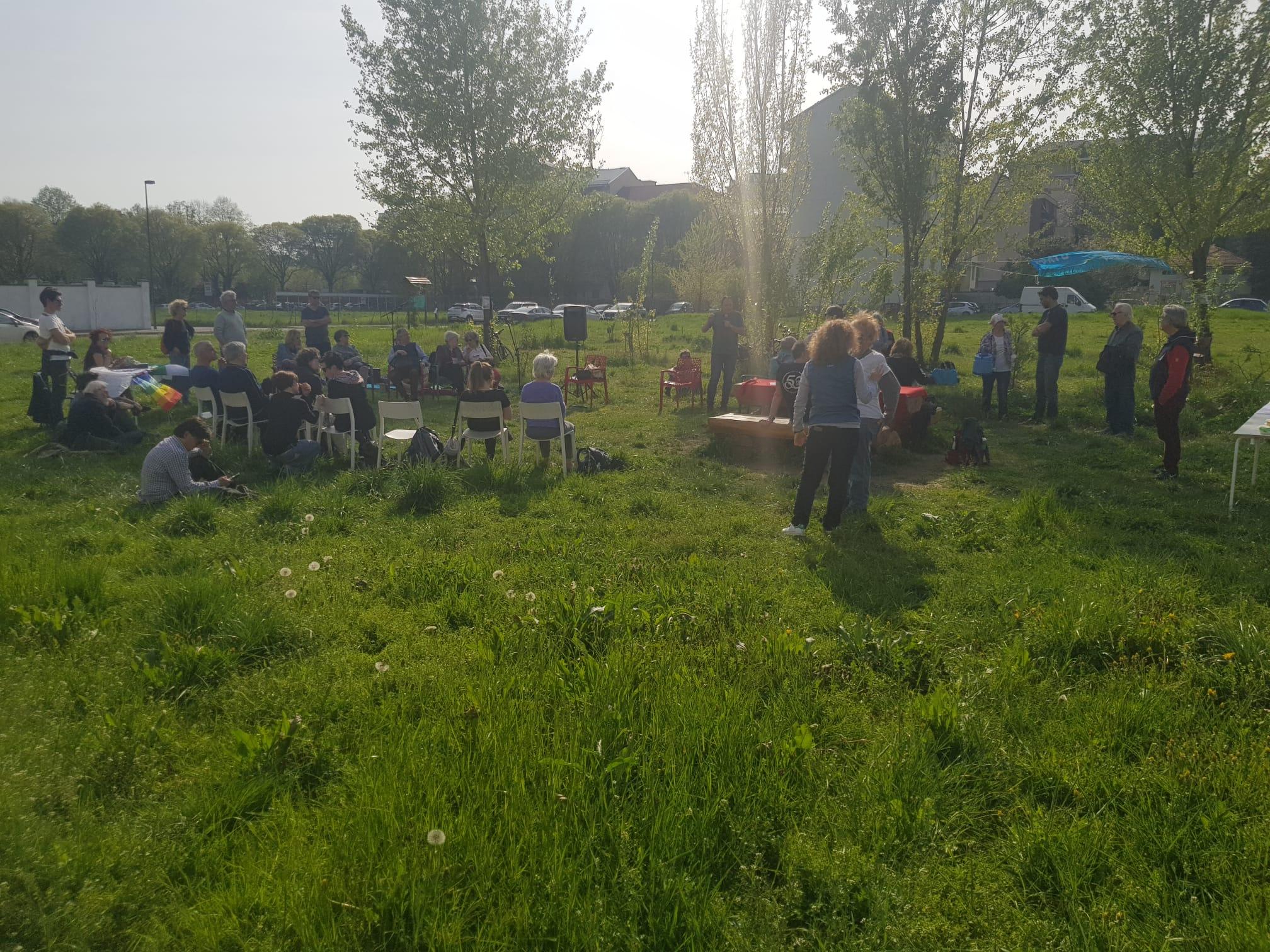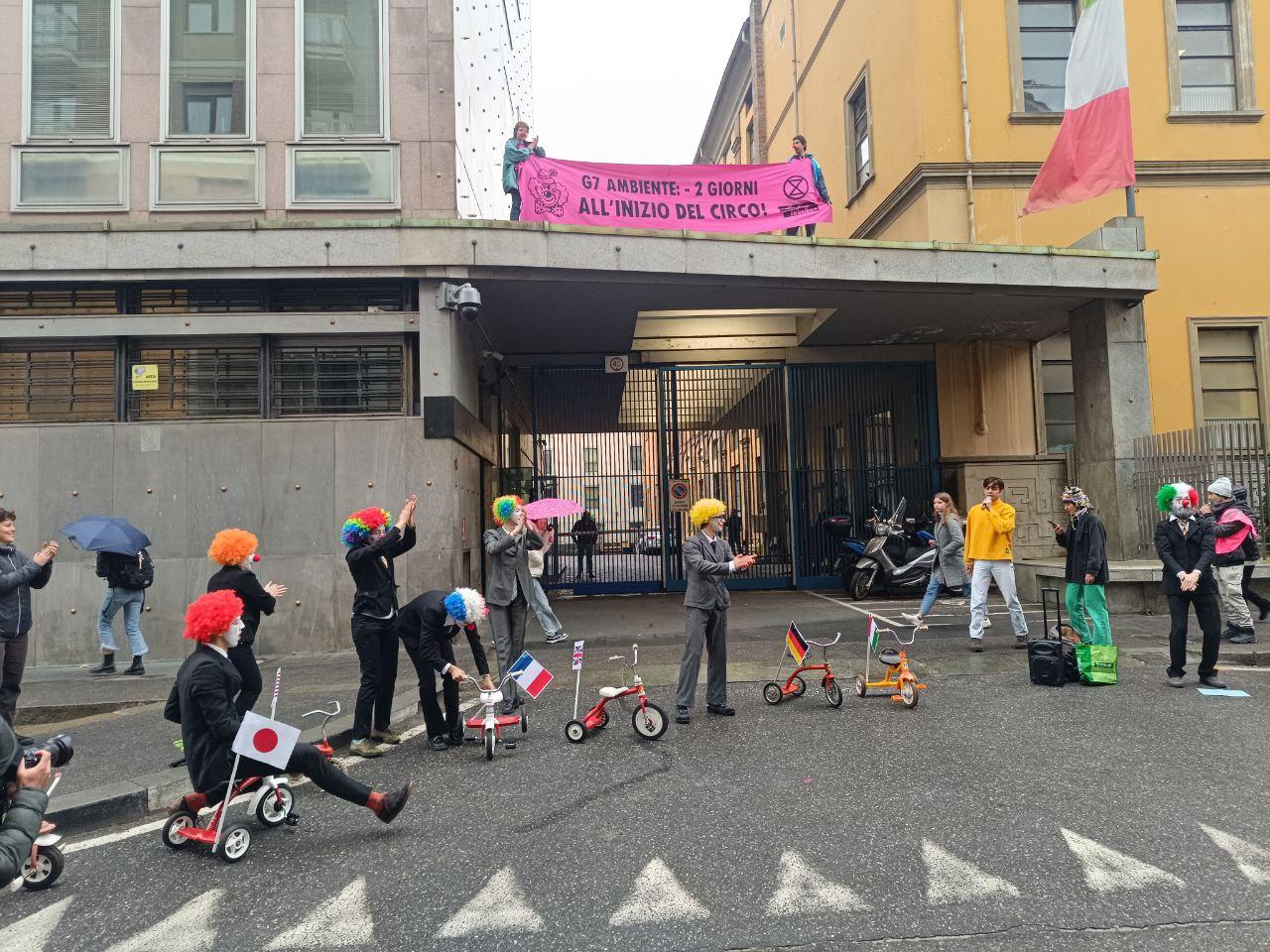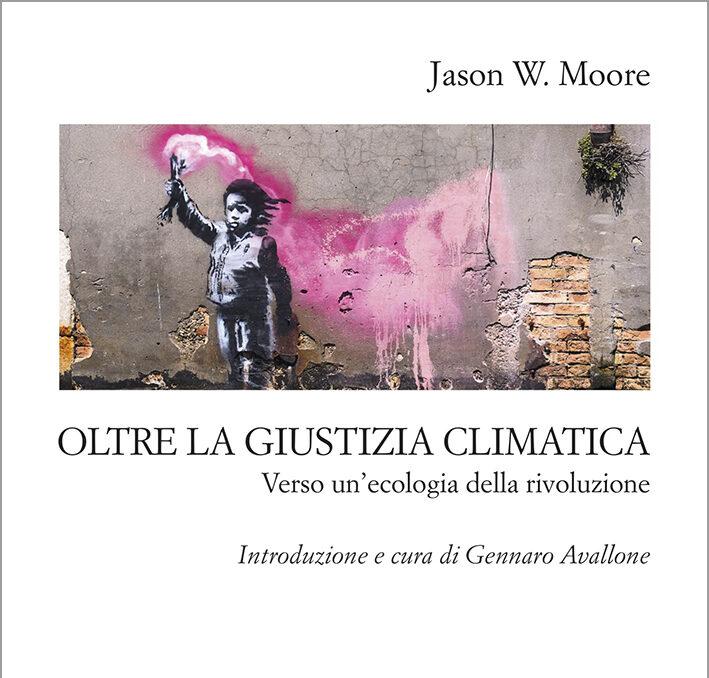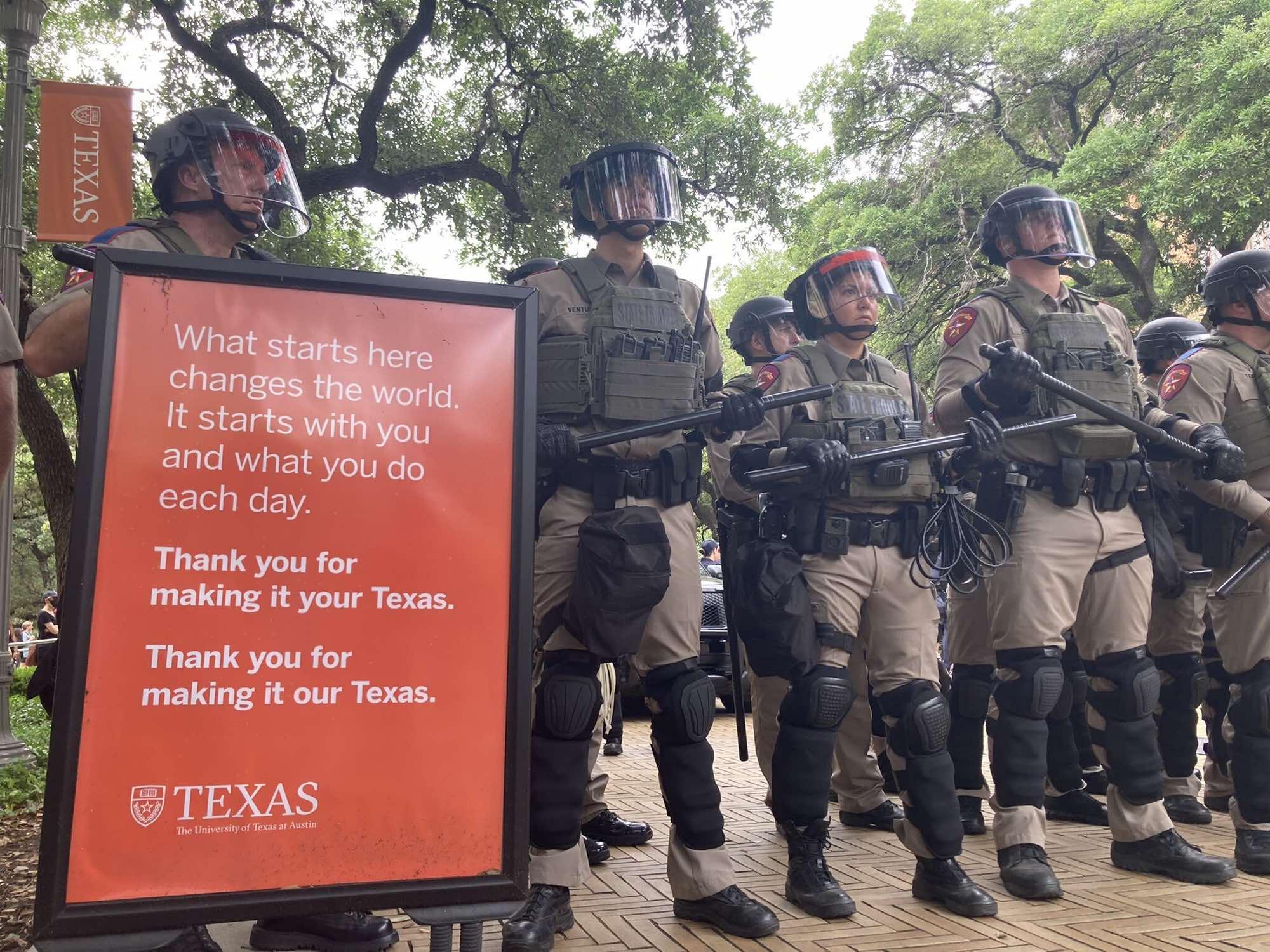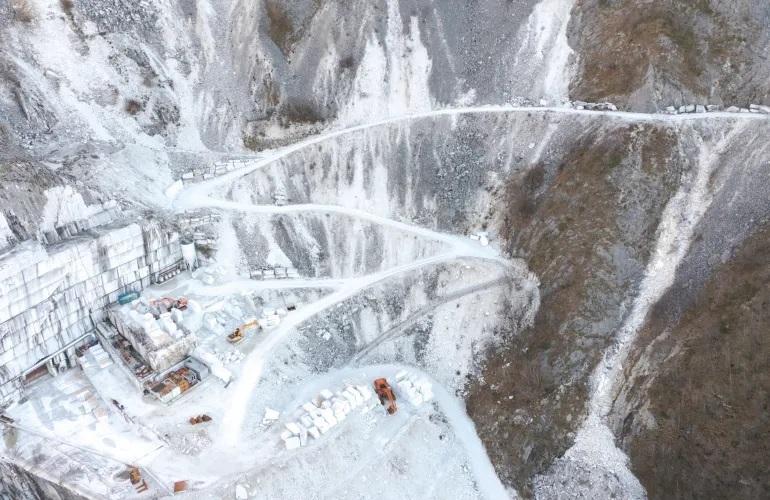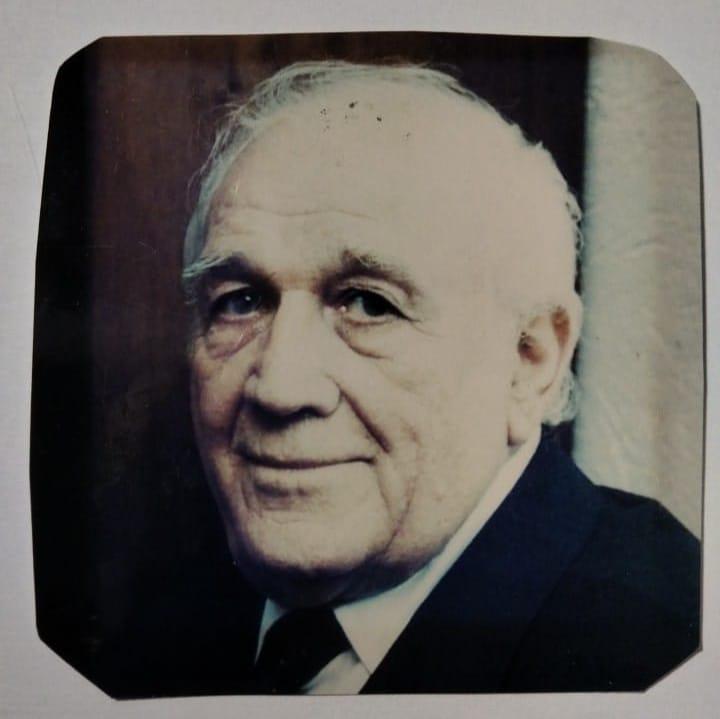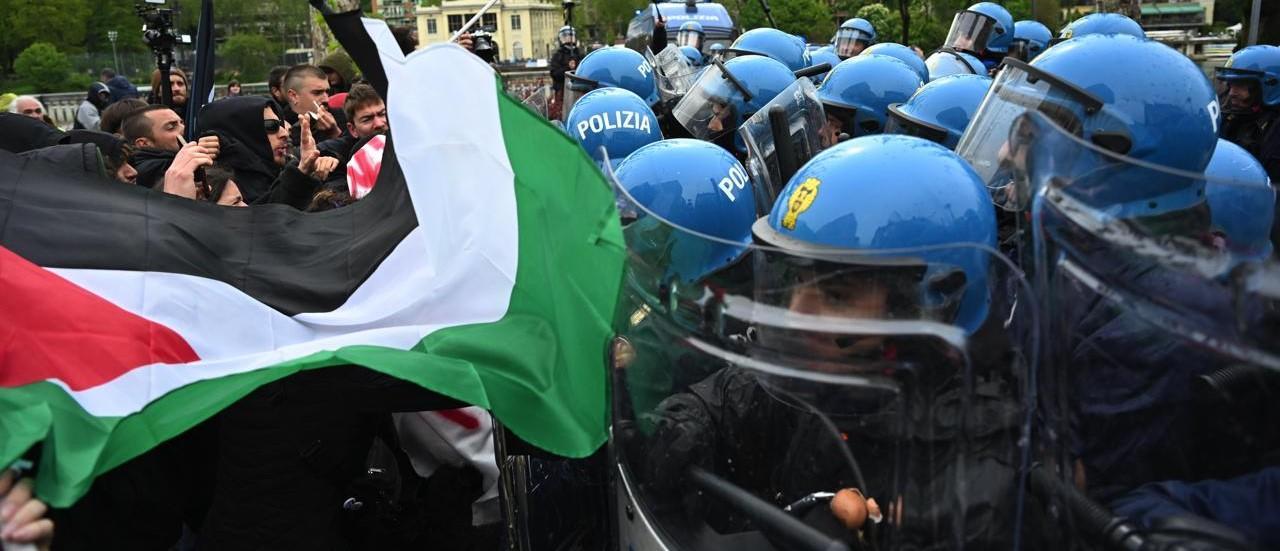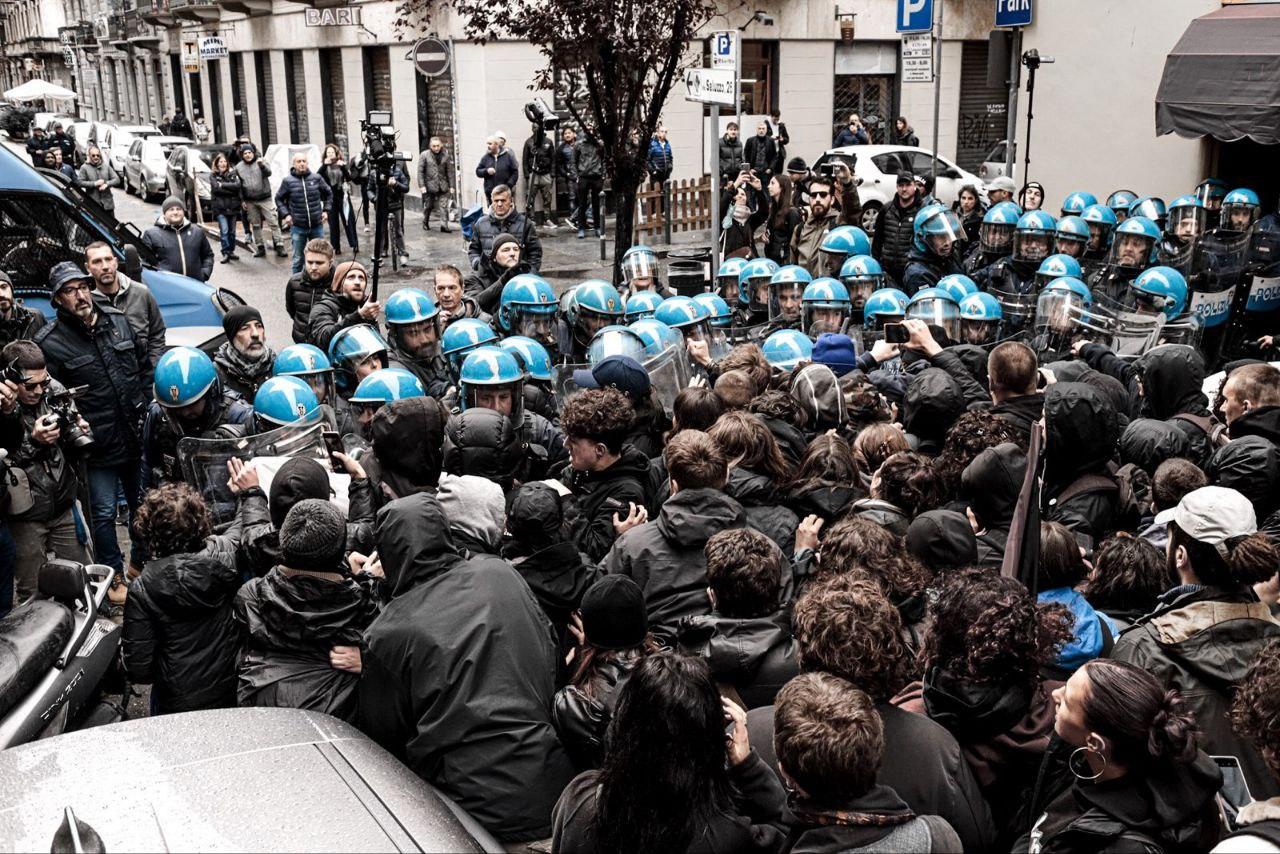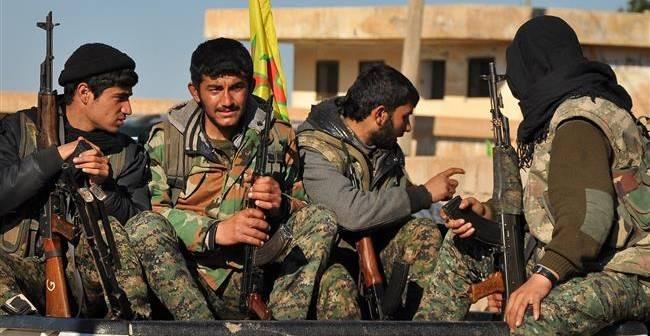
A confederal or a theocratic revolution in Syria?
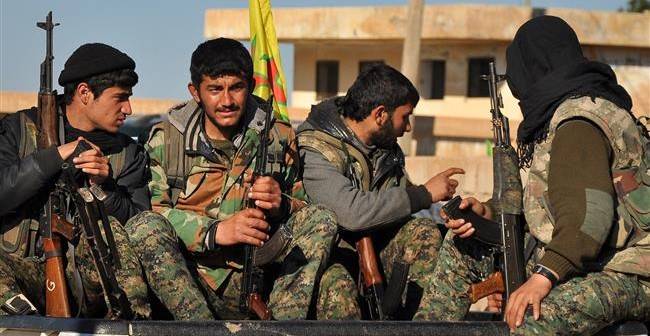
When Mohamed Bouazizi set himself on fire on December 17, 2010 – few of us knew the dimensions of what was about to happen. North Africa and Southwest Asia were ticking time-bombs waiting to explode, waiting to manifest, sometimes rapidly, sometimes slowly, deep contradictions and new paths towards the future. Few among us were aware of how unprepared we were for these events and, initially, for developing a solid analysis of what was happening beyond the Mediterranean.
At the time, a friend told me: “These ‘springs’ have swept away the Salafis from the history of those countries denying that tendency to be the dominant one among the youth.” The following events, up to the present ones, demonstrate how incomplete and one-sided this impression was. We were projecting our expectations on the events. We did not analyze the facts in all their complexity, for what they were, albeit in their ambivalence; we looked at them for what we wanted them to be.
With a similar (but more self-interested) point of view, TV and newspapers at that time spoke of “bread riots” or “pro-democracy movements” (with an increased political and economic influence by the West in mind). However, in 2011 a second phase of decolonization took the stage, in which the peoples of Southwestern Asia and North Africa tried, through new forms and in a new century, to recover autonomy by clashing with the institutions they perceived as being subject to foreign control. But this second struggle for independence, more than half a century after the Algerian revolution, features as a core element the reactionary recovery of faith, albeit in different forms.
All the contradictions of the “Arab Springs” have condensed into Syria which, in particular, has become a place of reckoning for both the ideological limits of the aforementioned tendency and the bad conscience of Western narratives – which have cunningly manipulated and censored knowledge and information in relation to this conflict like never before.
The Syrian Revolution, as the Egyptian one before, also marked the temporary defeat of the relatively “militant” European intellectual elite, which was unable to come up with an interpretative framework for these events, posing a dynamic relationship between the numerous critical voices and what is happening here on the ground. While unable to thematize, in the Syrian context, the connection between revolution, global war and civil war, in the case of Egypt this elite kept cultivating the myth of rallies in the squares even at a time when it was evident that weapons had taken the upper hand, and the people were unarmed. It seems that conflicts occurring worldwide are interesting, for a certain European intellectual elite, only if they are attributable to the romantic symbol of the barricades, to a “Liberty Leading the People” which is a reassuring one, after all, because it suggests the immediate correspondence between practices of refusal and revolutionary construction.
The people, in reality, is “guided by liberty” only in the paintings. As with classes, it is what it is or, rather, what happens: a deeply differentiated magma, spanned by contrasting tensions and, above all, by uncompromising individual stories; by tensions and desires that are not able, at first, to reduce themselves to a program or a definite political perspective, let alone to “religious” or “ethnic” fault lines.
I fought alongside Arabs who proudly wear the YPG uniform, and I had a quarrel with Kurds who endorse a reactionary, bigoted and conservative vision, one hostile to the Rojava revolution. Among the supporters of the Damascus regime there are both people who are terrified by their possible loss of privileges and people who simply miss the quiet life that, until 2010, was granted to those who submitted to the president. There are people who are fighting the Islamic State because the “Islamic state” they face is far too different from the one they had in mind. On closer inspection, the revolution is far more concrete. What we need to keep in mind is that it cannot escape our action, because it itself is our action.
For this reason, a scientism-driven contemplation is out of place. To replace the taking of responsibility with geopolitical masturbation, even to the point of cheering this or that state – Syria, Russia or the United States – rather than the movements and the needs that they express, means to show boundless contempt for the Syrian population and for the whole Middle East. Similarly, to turn oneself around with the excuse that the situation is too messy, or worse, that the players are too real to appear pleasant or “presentable”, is unacceptable. The “people” can be an elusive entity as a political category, but people on Earth have two legs and two arms. We must – I stress it, we must – consider the Syrians our friends. We have a responsibility towards them which is as important as the one we have towards the Iraqis, the Egyptians, the Palestinians and the Tunisians. Yet, the Syrian population today is notably absent, not only from the hypocritical discussions in Geneva or New York, but also from the inconclusive speculations that often take place among those who would like differentiate themselves from those sitting in these kinds of assemblies.
The definitive historical judgment of the “Syrian regime” has been stated by the events that began in 2011. The issue is over. The revolution and the future are the only way. At the same time, we have to keep in mind that “pro”-revolution governments have been and still are its worst enemies. Everyone here tells how complete the change was from the beginnings of the uprising to the inflow of weapons and militants from Turkey; and not because foreign weapons and militants are not useful for a revolution, but because those were “friends” who had a price, namely the submission not only to foreign interests, but to an imposed political perspective, the same for everyone. Turkey and Saudi Arabia have found a partly fertile ground for this operation, but also a regime which was ready for the darkest of compromises. Bashar al-Assad was interested in making his own enemy unpresentable, in a kind of mutual agreement about the cards they had to play with. It is the theocratic revolution promoted by the Turkish-Saudi axis and, indirectly, also by the regime with the suspicious “amnesties” in 2011, that the US and EU have supported and, albeit with increasing difficulties, continue to support.
The victories of the Syrian Democratic Forces and of the YPG-YPJ between 2015 and 2016 have imposed the pivotal character of a new player, of a different idea of a”second decolonization” and of a different critique of the Sykes-Picot system. It is the revolution that comes from the north, which also intends to return its rights to the original revolution. If the idea that the post-2011 historical disruption was inspired by essentially “secular” perspectives was incorrect, the currently widespread idea that everything moving from Morocco to Pakistan is “tradition” or simply “Islam” is equally false. Let’s try to think about the East with the same respect with which we are accustomed to thinking about the West: as a complexity. With this I am not referring to the much emphasized, although important, linguistic and religious cleavages: I refer to faults and disruptions that cross every individual community, every family, and the individual themselves, that here – like elsewhere – is always what it is becoming.
Many in Syria refuse to identify the need of liberation from the military regime with a policy based on Koranic reference. They too were among the thousands of people who took to the streets in 2011, but the Islamic revolution silenced them in the west of the country and along the Euphrates. To act within a revolution, however, does not mean to reason in abstract, ballot box, terms. It means giving back strength to those who have none, and that, if they were to have some, could turn the tide of the political events. This is what the confederal revolution is doing. It can both defeat the Islamic state and confront the Salafist bullying in the region, and may point to a perspective of peace and transformation for the Syrian scenario. The confederal revolution contains the fundamental Kurdish revolution, but also the redemption of Arab and Assyrian forces interested in a new process, and offers the chance of bottom-up political participation to all the Syrians who feel oppressed or betrayed both by the regime and by the Islamic revolution .
The greatest strength of the confederal revolution is its social impact. Wherever the confederal forces prepare a battle, they set up in advance the local councils and popular institutions, if necessary underground or in exile; these being able to effect the real revolutionary process immediately after the conquest by arms. The deposing of the Sharia courts or of the regime institutions is immediately followed by the activation of communes, people’s congresses and women’s conferences in order to initiate the concrete change of reality, which is what people want – at any given time by differentiating and accompanying changes in social relationships and to the expression of the popular will. Therefore, the forces of Tev Dem (Movement for Democratic Society) and YPG-YPJ are the only ones in Syria which are able to feature an autonomous program, and if necessary to clash with whoever wants to stop this real transformation.
For this reason, the allegiation by those who present the SDF as a force at the service of “foreign ambitions” is a ridiculous one. The SDF and the Syrian Democratic Congress are, on the contrary, the only Syrian organizations which are safe from this risk, contrary to the Islamic revolution or the regime, as they have the subjective energy and militant awareness required to fight a global civil war without losing their original political perspective. All of this even though, as all the forces engaged in the war, they face foreign armaments, air forces and technology, and cannot therefore afford to refuse the air support provided by the United States (limited to the anti-IS operations) and the diplomatic support that Russia sometimes has offered.
The presence of global and regional powers in the Syrian context is a problem in itself. Nevertheless, it was not the confederal forces which implored their intervention but rather the regime, on the one hand, and the Islamic forces (which are being improperly labeled as “Syrian opposition” by the Western media) on the other. It is peculiar now to say that the only authentically revolutionary forces, in the global context that has been produced, should let themselves be massacred in order to please those who, in the West, were not once again able to block the action of their own armies and states.
The way in which these elements are turned against the confederal movement, which is the least armed and the least supported by the external players of the Syrian global conflict (although today a certain propaganda induces some to believe the opposite), is therefore entirely instrumental. It must be acknowledged that the defining element of what is happening in Northern Syria is not the war, albeit omnipresent, but the revolution. It is being carried out by thousands of militants, every day, through dozens of economic and social spheres. The caricature of this experience as a “reserve US Army” is an expression of ignorance of the situation on the field disguised as shrewd realism, if not – often – of plain bad faith. The latter is often the case, as demonstrated by the fact that such a caricature is primarily promoted by those – the regime and the Islamic revolution – who are destroying Syria, and Aleppo in particular, thanks to the Russian aviation or, on the other side, to the heavy weapons provided by the United States, Qatar, Saudi Arabia and Turkey.
What kind of affluence will bring this specular ‘imperialist support’ to the people of Syria and Aleppo, and why they are justifiable, contrarily to the partial air cover provided by the coalition against IS is yet to be discovered. Almost six years after the death of Mohamed Bouhazizi, the analytical limits of the Western Left have not yet been critically addressed. This is serious, since these limits bind themselves to the inability of that same left to analyse the contemporary world and its politics; condemning themselves to inaction and impotence for all to see. When the European left manages to produce a hundredth of the social changes being produced in Rojava, it will understand that the revolution is not a game. Today we imagine a world without contradictions, where the movements proceed without stumbling on the pure and rarefied road of “revolutionary metaphysics”; and then, when eyes are turned to the bitter reality of the highly spectacular and technological conflict that indents global capital today, and the disrupted whole of the global working-class, they criticize the efforts of our comrades with ridiculous radicalist poses, or they take refuge in the mystified mythology of this or that state transfiguration of contemporary capital.
The confederal movement is the only Syrian player to endorse an actually militant logic; one devoid of any consideration that does not originate, in terms of tactics and strategy, from what its theoretical work demonstrates is in the workers’ and people’s interest. Because of this I dare to say that this is the only concretely revolutionary movement existing in Syria. It does not promote a territorial division of the country (another specious accusation) but the creation of a Syria which respects differences, and is based on political and economic co-operation among the people, for a gradual communization of forms of production and reproduction of life. Its goal is once again to call into question the capitalist civilization. It is a new experiment of people power and an attack on the privileges and hierarchies established on different levels. It is threatened by the problems of every revolution.
Such an experiment deserves all of our support.
Davide Grasso – Italian fighter of the YPG (People’s Protection Units)
Ti è piaciuto questo articolo? Infoaut è un network indipendente che si basa sul lavoro volontario e militante di molte persone. Puoi darci una mano diffondendo i nostri articoli, approfondimenti e reportage ad un pubblico il più vasto possibile e supportarci iscrivendoti al nostro canale telegram, o seguendo le nostre pagine social di facebook, instagram e youtube.

